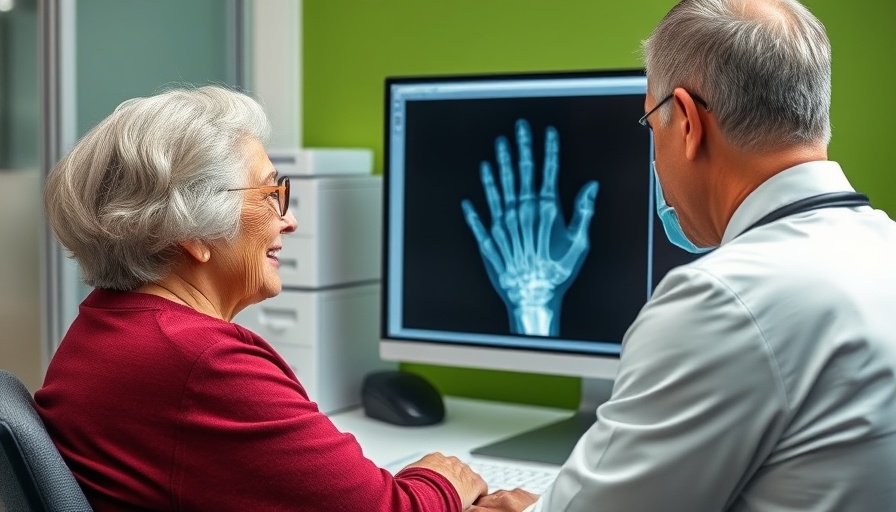
Prioritizing Bone Health: Why It Matters as We Age
Breaking a bone as a child might have been a sign of adventure, but for seniors, fractures signal a much more serious concern: weakened bones. With the aging population continually increasing, awareness and action regarding bone health are vital.
Understanding Osteoporosis and Its Prevalence
According to Dr. Laila Tabatabai, a leading expert in bone health, approximately 10 million individuals over 50 in the U.S. suffer from osteoporosis. This condition, often termed "porous bones," signifies a critical risk factor for fractures. An additional 45 million have low bone mass, commonly known as osteopenia, further highlighting the urgent need for proactive health measures.
Assessing Bone Health Through Screening
Screening for bone density is crucial in early diagnosis and intervention. The U.S. Preventive Services Task Force outlines specific guidelines, advocating for women over 65 and men over 70 to undergo bone density tests, yet many health professionals believe men and younger women with risk factors should also be screened. Detecting bone density with a DXA scan is swift and non-invasive, paving the way for timely treatment.
Your Bone Density Score: Understanding T-Scores and Z-Scores
The DXA test yields a T-score and a Z-score; both critical in evaluating bone health. The T-score compares your bone density against that of a healthy young adult, with scores of -1.0 or higher indicating normal density, while lower scores signal increasing severity of bone health issues. Z-scores adjust for age and can help guide younger individuals at risk.
Taking Action: A Three-Pronged Approach to Bone Health
Dr. Tabatabai emphasizes a comprehensive approach to maintain strong bones, targeting nutrition, supplementation, and lifestyle changes. Adequate calcium intake, ideally from dietary sources rather than supplements, is essential. Aiming for 1,000 to 1,200 mg of calcium daily will bolster bone health.
Hydration is also crucial, especially for those prone to kidney stones—a potential side effect of excessive calcium from supplements. Additionally, ensuring optimal levels of Vitamin D3 can significantly enhance bone strength, with the recommended target being 40-60 nanograms/milliliter.
Conclusion: Invest in Your Future Bone Health
Understanding and taking charge of your bone health is a pivotal aspect of aging gracefully. Regular screenings, adequate nutrition, and proper supplementation can help prevent conditions like osteoporosis. As you consider your senior living options—whether they be retirement communities or assisted living facilities—prioritize environments that provide resources for maintaining your bone health. With careful planning and proactive measures, you can significantly improve your overall quality of life.
 Add Row
Add Row  Add
Add 




Write A Comment